Why Are American Long-Haul Flight Attendants so Old?

The title might be crude, but if you’ve flown on an American carrier, it’s a thought that’s likely crossed your mind. The Flight Attendants on American airlines appear to be, on average, a bit older than those throughout the rest of the world. The CEO of Qatar Airways certainly seems to agree, boasting in 2017 that the average age of his cabin crew was only 27, compared to American ‘grandmother’ flight attendants. For obvious reasons, this didn’t go down well.
Does he have a point, though? American Airlines does boast the world’s most senior flight attendant still in service (a mere 83 years old) and Delta forcibly retired a 90-year-old flight attendant in 2014, against his will. I want to be clear – I don’t think these two cases are representative of the average flight attendant working in America. But there do seem to be a few of them. Bob Akana was 83 when he retired from United Airlines, and Iris Peterson had clocked 61 years before her retirement from the same airline.
Before we start to figure out why American flight attendants might be older, let’s figure out if they are, on average, actually older.
So, Just How Old Are These American Flight Attendants?
American flight attendants are, on average, 46 years old. This has, understandably, crept up over the years. The golden age of aviation saw flight attendants hired at a very young age, and they were retired by around the age of 35. This applied to females only, though. Males could keep on flying until their sixties.
Around 80% of flight attendants working in North America in the 1980s were under 35. However, by 2007, this demographic had changed considerably, with only around 20% of flight attendants being under 35. It seems many of those surveyed in the 1980s were still hanging around, with 22% of all North American flight attendants being 55 or older.
How Does This Compare?
Like most countries of Europe and the Western world, there is no maximum hiring age for flight attendants or a published age of retirement for North American flight attendants. It is expected that, while staff can carry out their duties safely, they are able to keep working. While I might question how the aforementioned 90 year old was able to carry out his duties in the case of an emergency, there is no question that flight attendants well into their 40s, 50s, and 60s are able to operate swiftly and safely.
While many Western countries have legislated to prevent ageist hiring practices and discrimination, a few countries around the world have a different view on flight attendant hiring practices. Cabin Crew Excellence claims a maximum hiring age of 30 for Oman Air, 28 for Air Arabia and around 34 for Saudi Arabian. Staff can, of course, continue flying beyond this age – but this is the cut off to be considered for initial employment.
While there is limited information on a maximum hiring age, Asian airlines offer a lot longer period of work, with the retirement age at Cathay Pacific apparently set at 60, though Hong Kong Airlines, Cathay Dragon and Hong Kong Express have a retirement age of 45. Flight attendants at All Nippon Airways and Philippine Airlines can work until they are 65, 60 at Japan Airlines, Korean Air, Malaysia Airlines and Thai Airways, and 62 at Singapore Airlines.
Emirates does not publically state its maximum age at recruitment, which is estimated to be around 30. Having lived in Emirates company housing with some 400 of their flight attendants for a few years, I can assure you that the girls I met were, on average, pretty young.
What Has Led to so Many Older American Flight Attendants?
Like so many things in life, there isn’t a single answer.
Changes to civil rights laws in North America during the 1960s started to change the hiring practices of airlines, moving away from them preferentially hiring young women. They could no longer discriminate on the basis of age, sex, or race. They also had to throw their ‘no marriage’ and ‘no baby’ rules out the window, and allow women to reenter the workforce following these life events.
The deregulation of the airline industry during the seventies also led to a hiring freeze, and when airlines finally looked for new staff, they had a range of experienced hires they could choose from.
Lastly, we all know that aviation changed significantly after September 11, 2001, with a huge number of mergers and bankruptcies. In the tradition of last on, first off, many younger flight attendants lacking seniority were the first to go.
Why Do They Stick Around?
Firstly, it’s apparently one of the more reasonable paying jobs not requiring a college degree.
That’s even when you take into consideration that, after adjusting for inflation, wages dropped by around 26% percent between 1980 and 2007 in America. If you haven’t got a degree, though, and you want to change careers in your 40s or 50s, your options are probably limited. Hospitality, retail, and other service industries generally pay less than a flight attendant gig, so despite your disapproval, you’re likely to keep showing up to work. Even pay disparities resulting from ongoing mergers and low morale don’t seem to drive the aging workforce to retire.
Maybe it’s the potential to have a lot of spare time (and preferential routes) once seniority is attained, plus the extended holidays and cheap travel, that will keep those boomers hanging on as long as possible.
What Is the Impact of Flying For All Those Years?
In a 1985 study, it was determined that after seven years, flying staff – male or female, pilot or cabin crew – found measurable hearing loss. Add to this the pressures of experiencing the flow of time in distortions and accelerations, and the once ‘short term occupation’ of flying becomes extremely problematic over the longer term.
Compared to a control population, flight attendants had a higher prevalence of female reproductive cancers, cancers at all sites, and sleep disorders, fatigue, and depression, but the jury is out on whether long term exposure to cabin air causes contributes to major health issues.
Given that health care needs escalate with age, and the average American flight attendant is older than the average American worker, flight attendants will probably have a significant impact on health care costs to the airline industry.
Where Does Safety Come into This?
To be fair, the purpose of a flight attendant is to effectively operate and oversee safety procedures or duties. In 99% of flights, there will be no need to do anything that would overly tax a flight attendant’s abilities, though this doesn’t diminish the hard work they do in keeping passengers happy. However, it seems they’re no longer even supposed to lift bags – they’re there ‘primarily for your safety’, but mainly for comfort.
It’s also worth mentioning that in many other Western countries, you will see older flight attendants. While hiring practices and seniority seem to favor a mixture of ages – more so than in America, anyway – airlines like Qantas, Lufthansa, KLM, British Airways and Air New Zealand all have older staff within their flight attendant ranks.
However, it does beg the question – what happens if there is an emergency? At what age is there the potential for flight attendants to become more of a hindrance than anything else – to forgot a procedure, or to move too slowly?
Let’s not forget the amazing skills exhibited by flight attendants under pressure. Although the following linked article ironically states times that flight attendants have gone beyond the call of duty, they are there to respond in an emergency situation. Some may argue that many years of flying will lead to a well rounded, responsive airline professional.
I won’t weigh in on that argument, but I’d love to know your thoughts.
For press inquiries, e-mail us at [email protected]
Have a news tip, e-mail us at [email protected]
For pitches and all other inquiries, e-mail us at [email protected]
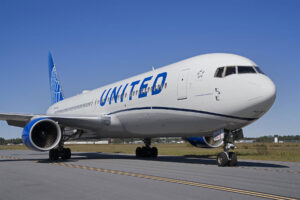


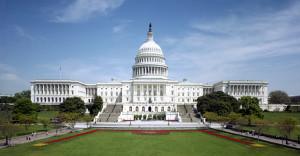















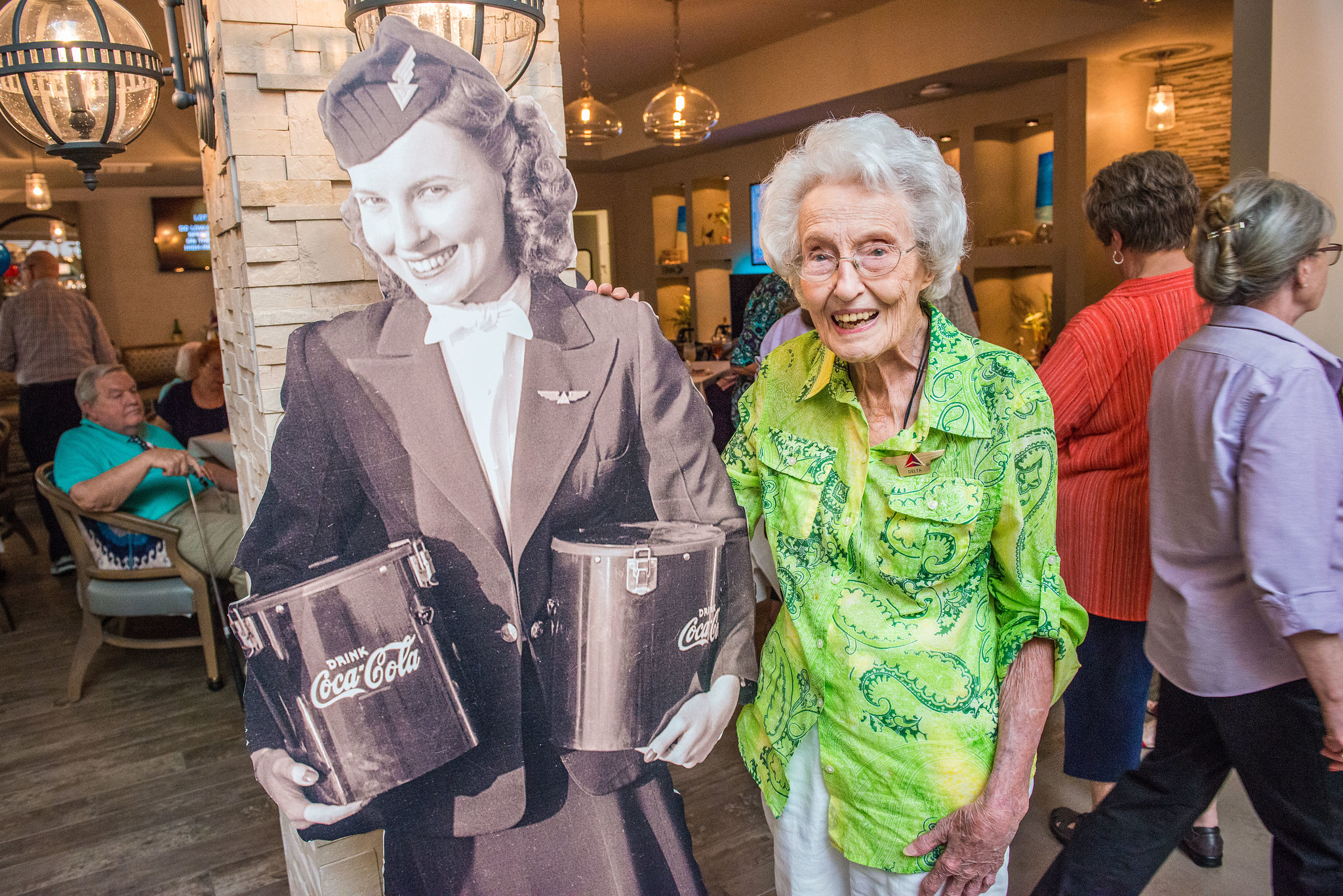
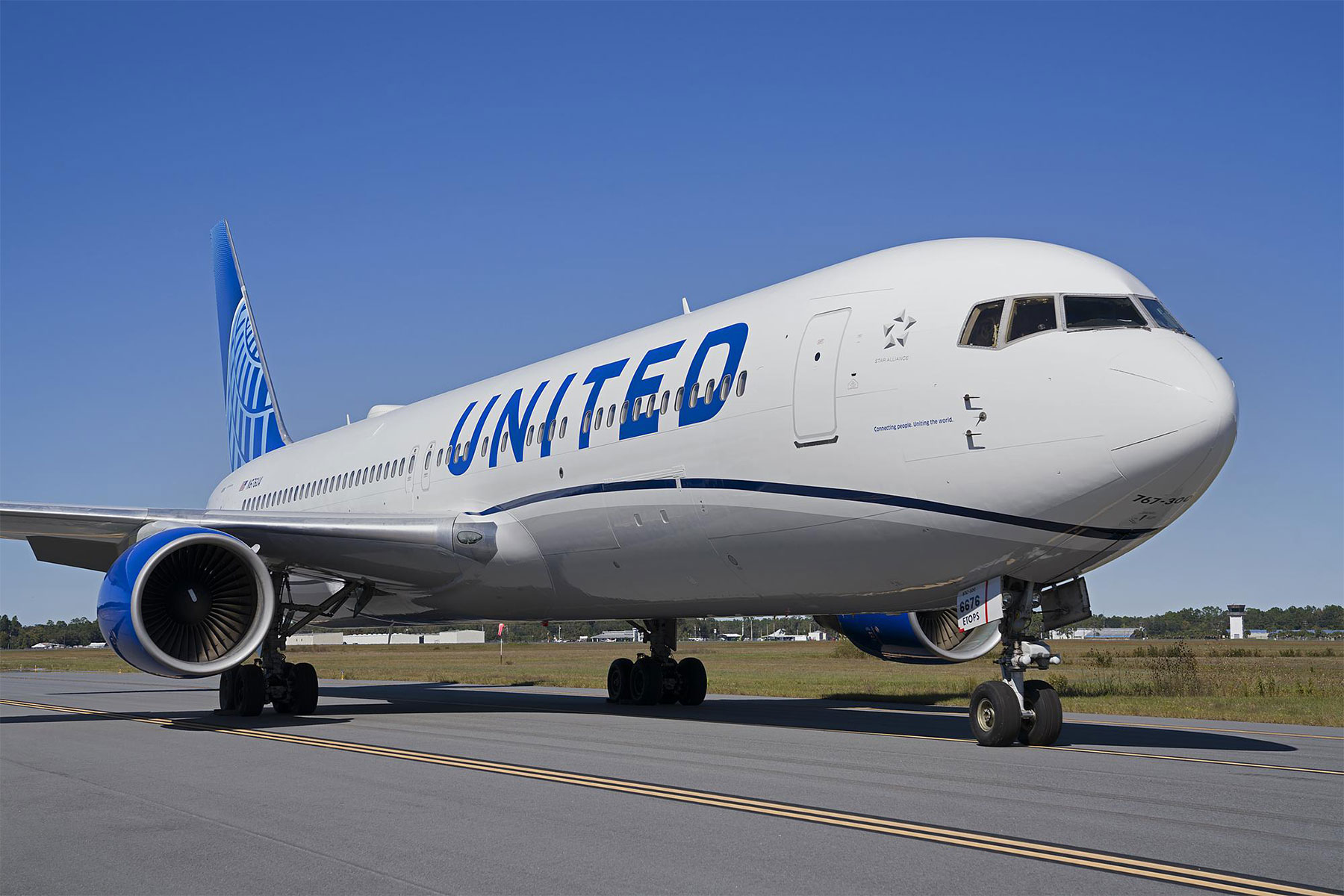
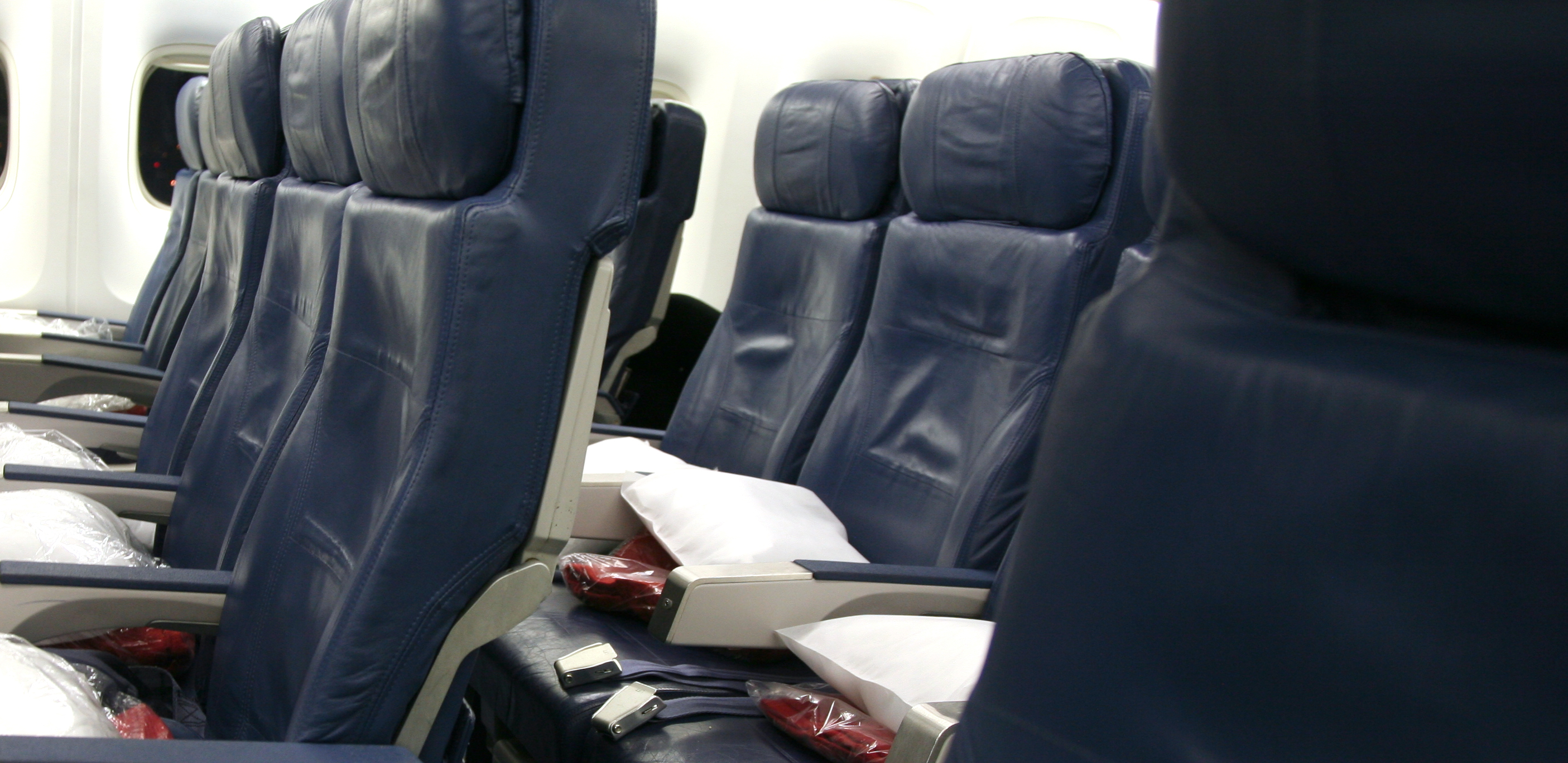

If anyone ever needs any proof that the US airlines have service as bad as the commenters are claiming, the comment above mine is that proof. A 757 FO gloating about having passengers thrown off to fulfill some twisted sense of principle. (not principal) What an offensive sense of entitlement.
I hope she ends up on one of my flights, I'll have her removed just on principal. What a poorly written and thought-out article.
You may or may not like the article but I have to agree with CalFlyer and EpsilonZer0. In six recent long haul AA flights the cabin crew have been advanced in age (like myself) and have zero idea of service standards. The only reason I've flown with them is to avoid the 'old' Club World seat being UK EC Silver. I cannot fathom why AA allows this level of shocking service to continue.
is this a bit long in the tooth, no pun intended Let's move on to something relevant
This article is offensive and sexist. I expected more from Flyer Talk. Why, I have no idea as some of the articles posted here are ridiculous. This one takes the cake.